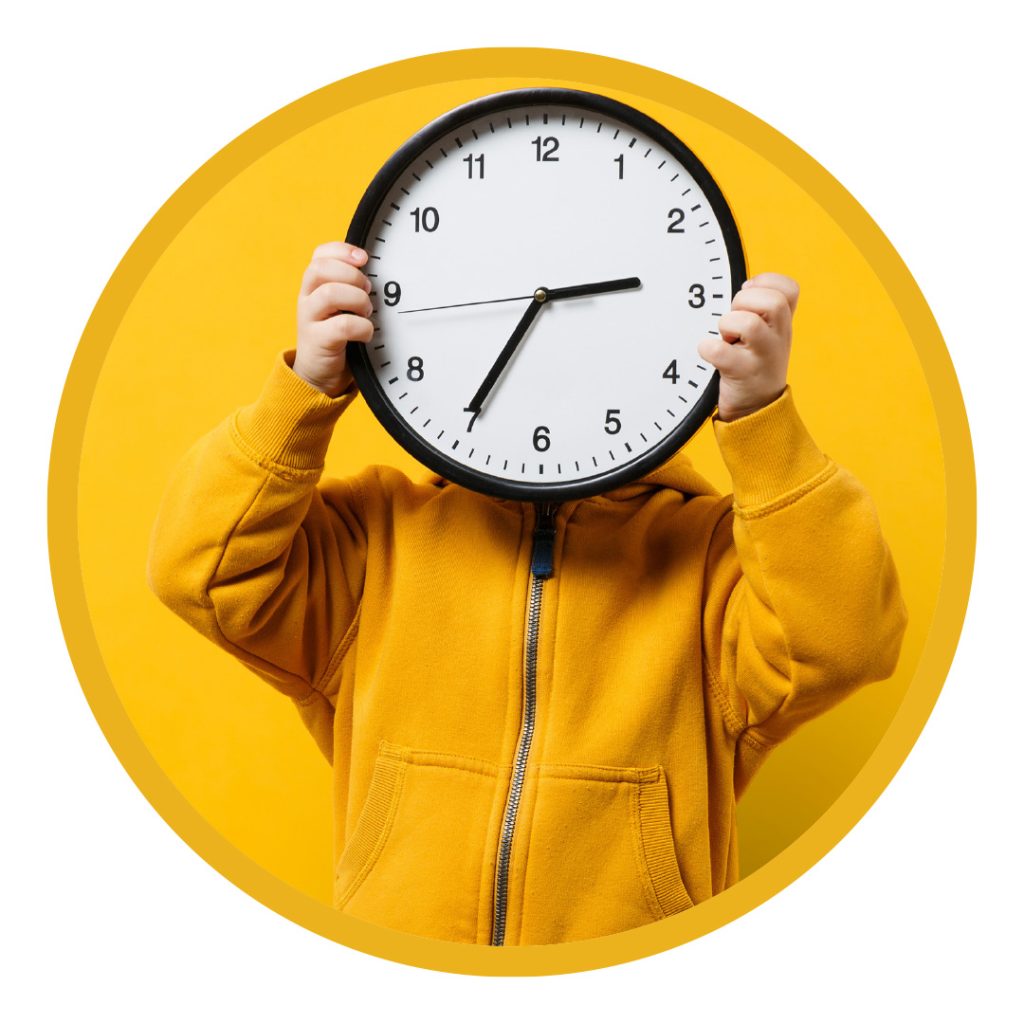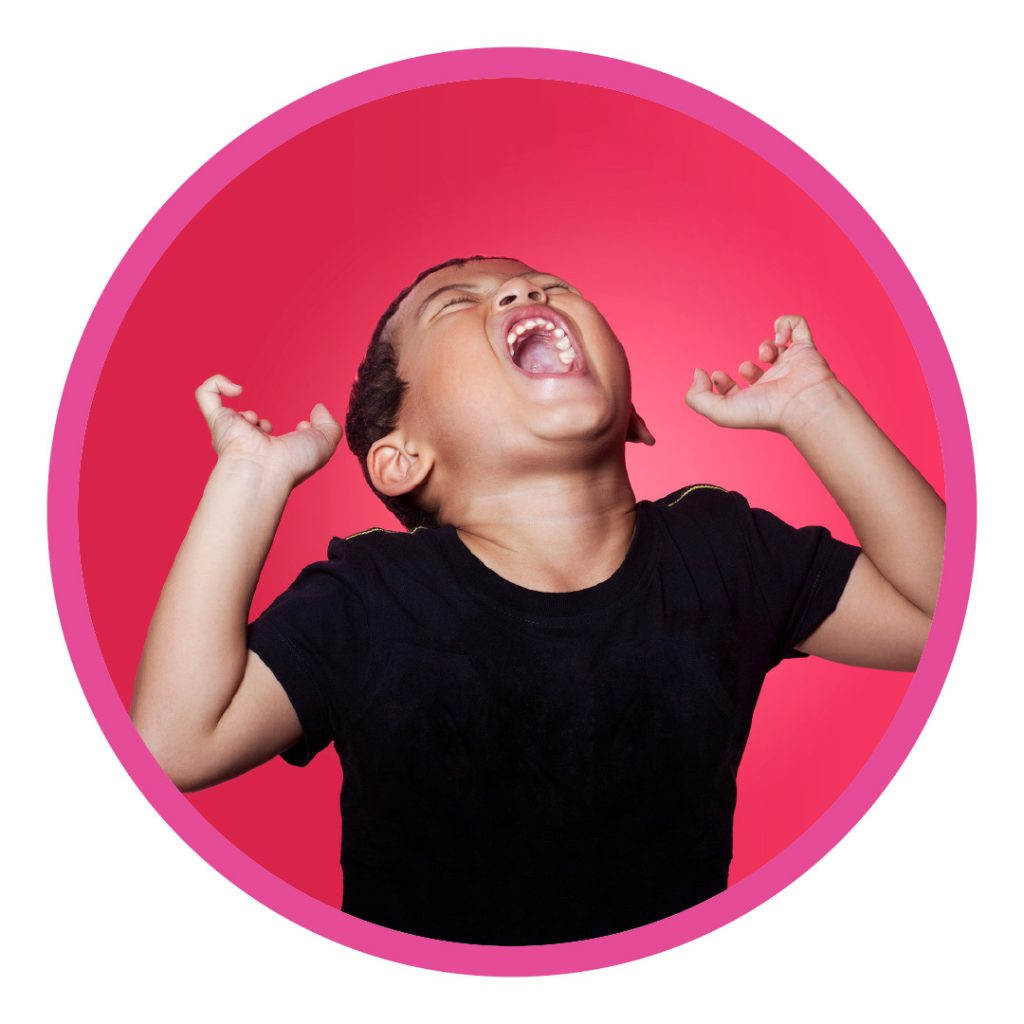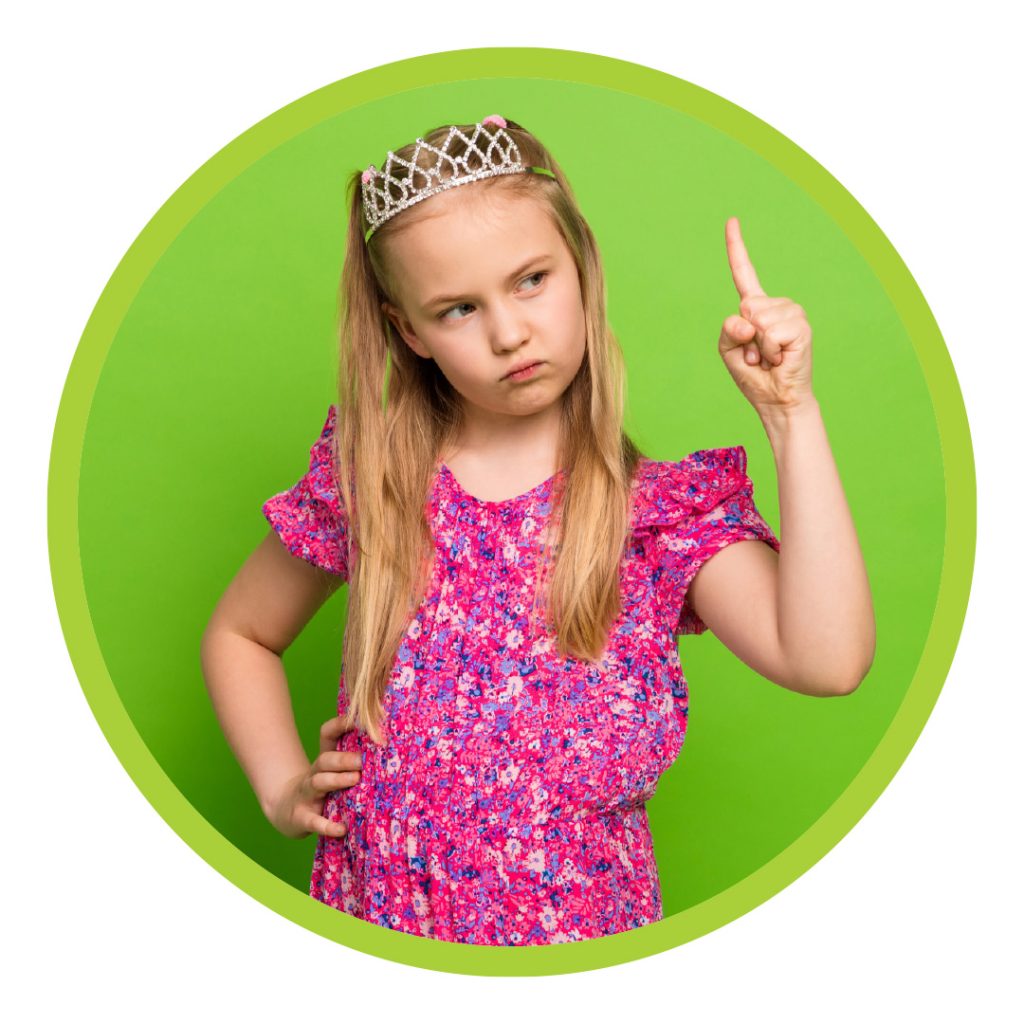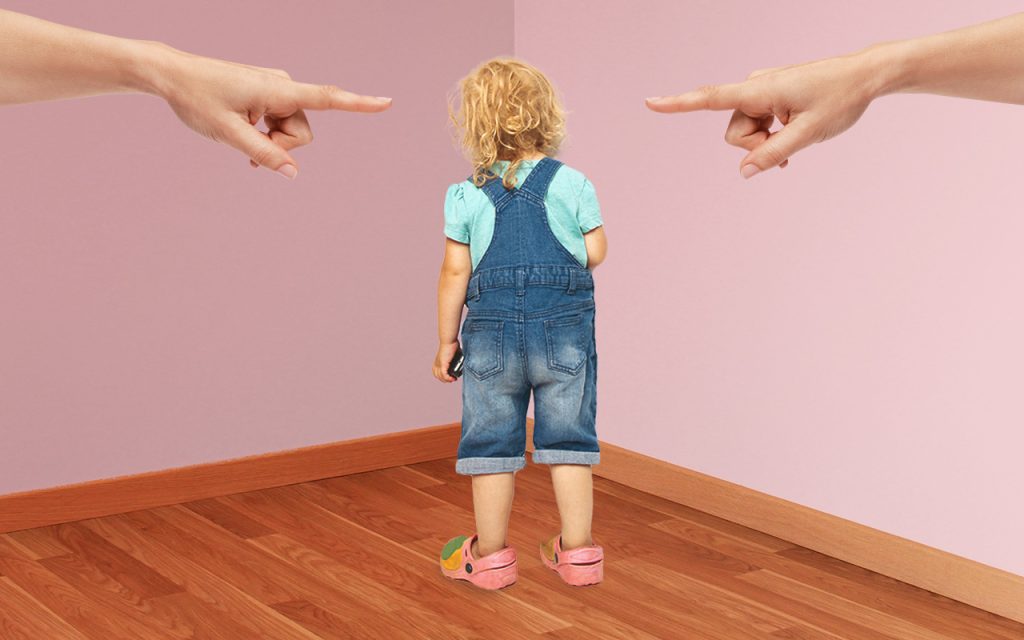Parenting in 2025 comes with no shortage of pressure, and no shortage of opinions. Social media is full of conflicting advice, and many of us are still carrying stories from how we were raised. It’s no wonder parents feel confused, guilty, or like they’re somehow getting it wrong.
As a psychologist and mum of two, I spend every day supporting families who are trying their best, often without enough resources or information. And what I see time and again is that parents aren’t failing; they’re just relying on outdated strategies that don’t reflect what we now know about child development and the brain.
Here are four of the biggest parenting myths I encounter in my work, and what to do instead.

Myth 1: Time-outs are the best way to manage bad behaviour
Let’s start with this one, because it’s still one of the most common discipline tools around.
Time-outs, or “the naughty corner”, are often used with the best intentions. The idea is to give a child space to calm down, reflect, and return to being regulated.
But, in practice, that’s not what happens.
Time-outs tend to feel like rejection. When a child is emotionally overwhelmed, isolating them can make them feel ashamed or confused, and it doesn’t teach the skill they actually need: how to calm down.
That’s why in our Confident Parenting program, we encourage parents to “time-in” instead; to stay close, calm, and connected. Regulation is a learned skill, and children develop it through co-regulation with a calm adult.
They need us beside them in their big feelings, not sending them away.
We wouldn’t teach a child to swim by tossing them in the deep end alone. The same goes for emotions. Our presence is the lifeboat.

Myth 2: Tantrums are just bad behaviour
Many parents understandably worry that if they “give in” to a tantrum, they’re reinforcing it.
But what if we saw tantrums not as bad behaviour to correct, but as communication to understand?
When a child melts down, they’re not being manipulative or disrespectful; they’re overwhelmed. Maybe they’re hungry, tired, overstimulated, or struggling with something they can’t express in words.
Outbursts are signals. Our job is to decode them with curiosity, not criticism.
I encourage parents to shift the question from “How do I stop this behaviour?” to “What is this behaviour trying to tell me?” That mindset shift can change your entire approach.
Because, let’s be honest, adults have meltdowns too. We just don’t lie down on the supermarket floor to have them (usually).

Myth 3: Good parents always have the right answer
I meet so many parents who feel they’re falling short because they don’t know exactly what to do in tricky moments.
They feel guilty for raising their voice, or helpless when their child won’t listen.
But here’s the truth: you don’t need all the answers. You just need to stay connected.
In moments of stress or big emotion, what your child needs most is not a perfectly crafted sentence or a chart full of gold stars. They need you to be present and calm enough to show them the way back to safety.
Connection doesn’t mean letting your child walk all over you. You can hold boundaries and be empathetic. That’s the sweet spot.
You might say, “I know you’re upset, and it’s okay to feel angry. But it’s not okay to hit. I’m here to help you find a better way.”
This kind of parenting isn’t permissive; it’s powerful.

Myth 4: Kids should know better by now
I hear this one a lot: “He’s six, he should know how to behave by now!”
And in some cases, that’s true. But often, our expectations are out of sync with where a child’s brain development is actually at.
Here’s what we know: when a child is emotionally dysregulated, meaning they’re in fight, flight, or freeze mode, their thinking brain (the prefrontal cortex) goes offline. This means they literally can’t access logic, empathy, or problem-solving skills at that moment.
Trying to reason with a dysregulated child is like trying to explain fractions to someone underwater. They just can’t take it in.
That’s why your first job is to calm the storm. Only once they feel safe and connected again can learning or reflection take place.
And that doesn’t just apply to toddlers. It applies to kids (and teens!) whose brains are still developing those executive function skills like impulse control, emotional regulation, and empathy.
When we understand that kids aren’t being “bad”, their brain is just under construction, it transforms how we respond. We stop taking it personally and start guiding instead of punishing.
Remember, you don’t have to do it perfectly, you just have to do it with presence.
What I want every parent to hear is this: it’s not about perfection.
It’s about intention. It’s about doing your best with the knowledge and tools you have and updating those tools when better ones become available.
That’s why I created the Confident Parenting program — to take the tools I use every day in the therapy room and put them in the hands of parents across Australia, especially in rural and regional areas where support can be hard to access.
When we move away from shame, punishment, and control, and toward connection, understanding, and clear boundaries, we raise emotionally intelligent kids who feel safe in themselves, and in their relationship with us.
And that’s what discipline really means. Not to punish, but to teach.
Tanya Forster is a psychologist and founder of the Confident Parenting program.
She runs Macquarie Health Collective, a multi-disciplinary health practice in central west NSW, and lives on a sheep and wheat farm with her husband and two children.

